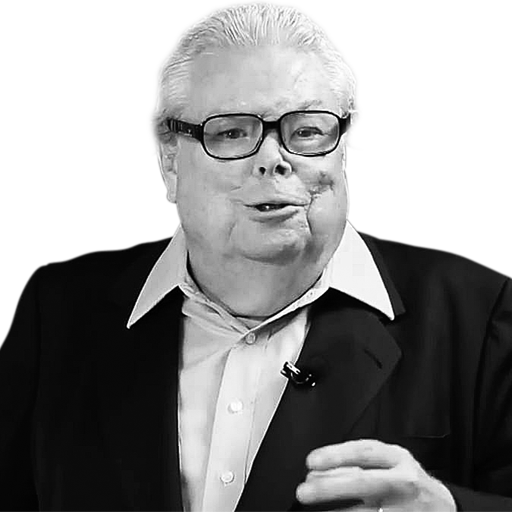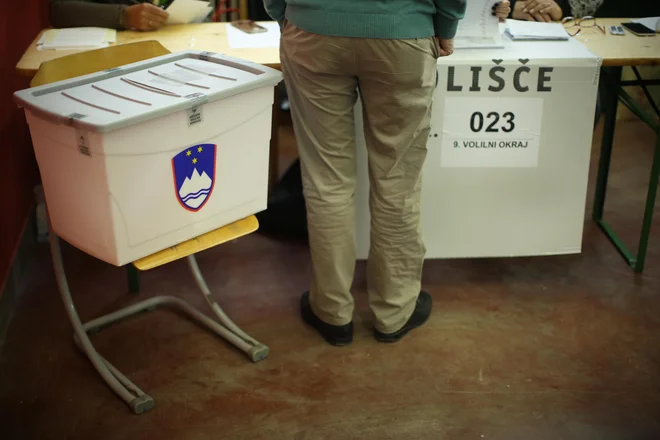Rio de Janeiro, World Capital of the Book

Rio de Janeiro is the first Portuguese language city to be world capital of the book. The schedule by the end of the year is intense with relevant events. On June 10, at the Real Portuguese Reading Office, one of the most beautiful Manueline buildings outside Portugal, with a collection of over 300,000 books, will have late with singer Carla Caramujo and pianist Bernardo Marques. Book Week will have the project ‘Night with Books’, with open bookstores until midnight, and the book’s Biennial should bring to the city over one hundred thousand visitors. The Brazilian Academy will have weekly events all year and the libraries of the museums will participate with the opening for visits and dissemination of their collections. The National Library, founded by D. João VI, which took more than 20,000 precious books to Brazil, will offer the highest level programming. And the consulates of France and Germany also have quality libraries since the times when Rio was the capital of Brazil.
Mota-Engil can do Brazil’s largest work in 2026
The tunnel project connecting Santos to Guarujá, with an estimated cost of eight billion euros, can have the Portuguese company Mota-Engil associated with the Chinese CCCC, with experience in this type of work, such as the strongest competitors. The work, which should be bid later this year, connects the Lula government with that of São Paulo, led by Tarcísio de Feitas, opposition, and the private sector. The extension is 1.5 km, 870 of these under the sea, and will have room for railroad. It will be the largest public work in Brazil in Lula’s term.
Varieties
• Contrary to considerations of diplomats Lula da Silva goes to Moscow this week. The moment was not considered timely.
• One of the reasons for the low savings of Brazilian families, and even their high indebtedness, is the ‘economy of joy’ that moves domestic tourism, leisure in general and musical shows, in particular. The Brazilian spends proportionally more compared to other peoples. The Brazilian tourist tickets are sold in up to ten installments. And Brazil has at least 16 holidays a year, China, seven and the US, ten, not to mention the ‘bridges’ when holidays fall in Tuesdays or Thursdays.
• The case of the Master Bank is being protected to the point of no longer talking about the concentration of papers of its issuance in the funds of state and regional governments, such as Rio de Janeiro, with almost 300 million euros. But without resolution yet by the size of the problems. The government wants a market solution and is reluctant to rule out the controller from the financial market.
• The French present in the supermarket sector with Carrefour and the casino are in the reformulation phase in Brazil. The casino wants to leave the Pão de Açúcar Group and Carrefour left the stock exchange and begins to get rid of great real estate heritage that accumulated to decrease indebtedness.
• The difficulties in the Lula government’s relationship with parliamentarians and political parties grow. The government, already in the second half of its term, loses popularity and perspectives in the economy are worrying. Most of parliamentary is conservative and Lula was elected by his personal charisma and Bolsonaro’s wear and tear.
• The death of Pope Francis took polarization in Brazil to Catholic means. The Pope made statements condemning the lawsuits against Lula da Silva and Dilma Rousseff and used on PT social networks. The center and right did not like.







